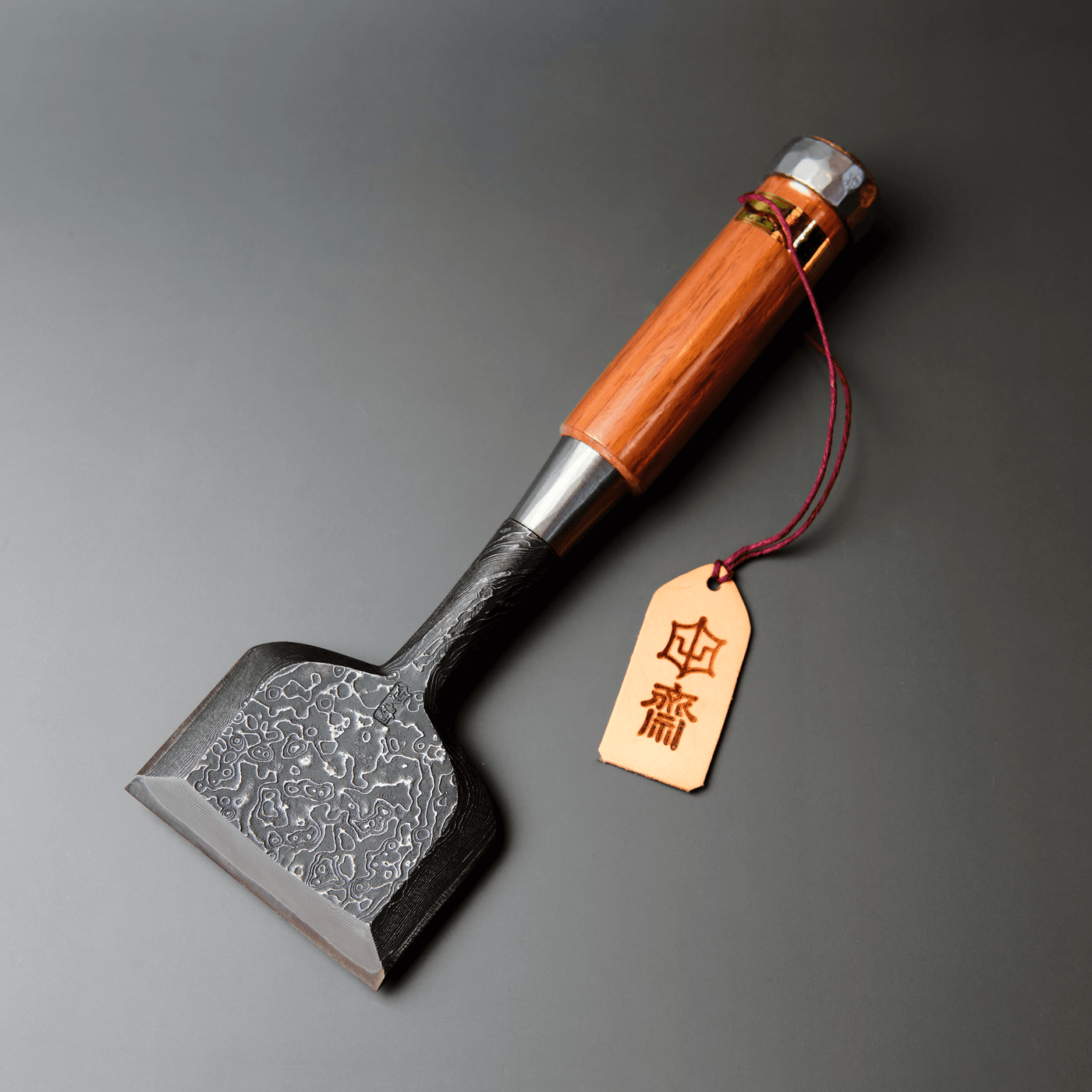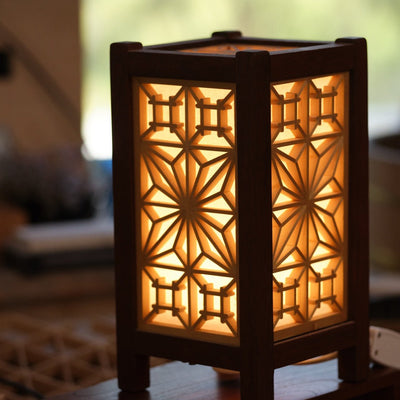As with any high carbon edged tool, they offer excellent performance at the cost of requiring simple but regular maintenance in order to continue working at their best.
Here are a few tips for preventative maintenance:
- Remove sap and residue from a long day's work before putting your tools away. Leaving resinous gunk attached to a tool while it is stored can accelerate patination and even rust. We recommend a specialised saw cleaner, tea tree oil or Eucalyptus oil. A wash with detergent and hot water will also do the trick - just be sure to finish by running under hot water and drying off the tool well.
- A light coat of oil will do wonders if storing the tool for more than a few weeks. We like to use camellia oil, as it is odorless, light and doesn't get everywhere. A little goes a long way and forms a barrier between your nice steel and oxidising moisture in the air.
- For extra protection, our rust proof paper is extremely effective, especially when storing your tool for extended periods or where the environment is particularly damp.
Sharpening gardening tools is not a task many people are familiar with, but it is necessary to keep your tools keenly honed in order to get best use from them.
A couple of pointers for sharpening;
- We only ever sharpen the bevels of gardening tool blades. Secateurs and shears can be greatly handicapped if sharpening is undertaken on the "flats", or the two faces that slide over each other. Any sharpening here changes the way each surface slides, so we recommend avoiding them, especially if you are just trying your hand at sharpening.
- A regular light sharpen is infinitely preferable to heavy reprofiling. For secateurs and shears a leather strop is a great sharpening tool that, once charged with a polishing or stropping compound, will restore an edge lightly dulled through use. As well being convenient and cheap to make, it is also manageable and forgiving.
- For sickles and tools that have to trudge through earth and soil we prefer waterstones either of our regular varieties or their simplified garden-variety counterparts. Throw it in a bucket of water, make yourself a cup of tea, and in the time that your cuppa is ready, the stone will be soaked and ready to get to work.
If worse comes to worse and a tool needs to be de-rusted, we like to use our Renaissance De-Corroder as it is non-hazardous, fast and really effective. Surface patination doesn't harm garden tools - it is when heavy rust pits the flats of blades that they are in danger of becoming tool-shaped-objects, rather than the beautiful and useful tool that they were made to be.
If you have any questions about your garden tools, feel free to drop us a line on the phone or email. Happy gardening!



